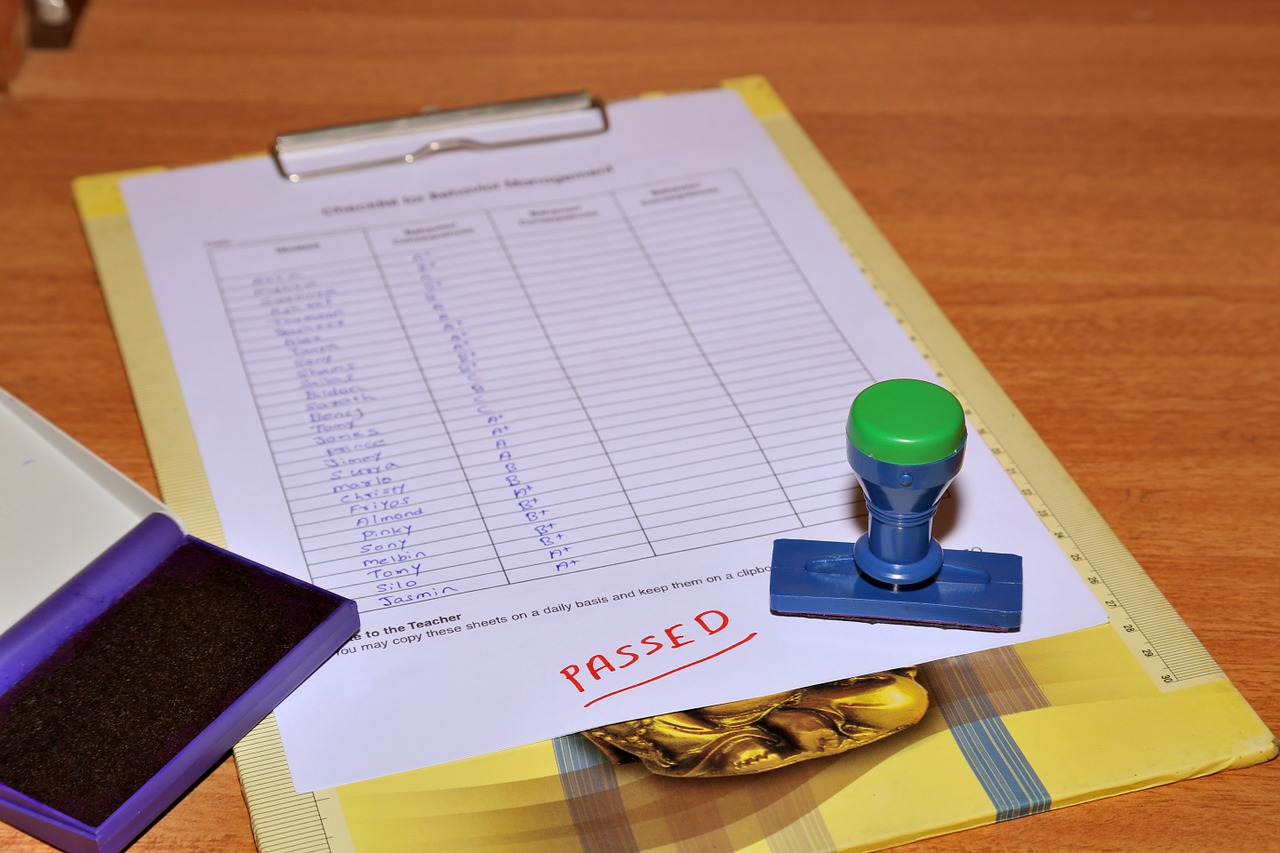
Question About Step III USMLE Scores:
Hello,
Would an excellent Step III score offset bad Step I and Step II scores? My Step I was 226, and my Step II was 219. Thank you!
Answer:
You have posted an interesting question. But, first, let’s talk about your scores. Your scores are not in the “bad” category. Typically, at our institution, a score of 226 on Step I can get you a foot in the door for an interview if everything else is OK. The step II score was a bit more marginal. But, the Step I score has shown that you have the potential to pass the core exam.
I agree that if diagnostic radiology becomes more competitive and institutions continue to use them for selection screening, they may slightly raise the bar. (although the score for Step I will be disappearing) That could make your scores not cross the threshold for acceptance for interviews. But, for now, I think many programs would accept those scores.
A Strange Situation Indeed
First of all, what is interesting, strangely enough, is that in the 12 years of working as an associate residency director, I have never seen the situation where both Step I and Step II are below 220 and step III is around 250 or so. And, I think I have a sneaking suspicion why.
First, very few people who score lower than the Step I and Step II thresholds will ever ace the exam in Step III. Additionally, we typically use cut-offs of 220 for either Step I or Step II. So, Step III is usually not on the radar because many residents typically don’t take this exam as “seriously and therefore we, as faculty, don’t either.” Why? Because the folks taking the exam are traditionally interns that don’t have as much time to study for it. So, the scores are not so critical. Instead, typically we care only that the resident has passed the Step III exam.
It’s Not About The Exam Itself
Again, to remind you, I am not a big fan of any of the USMLE exams. However, it is one of a few items that correlate with good core exam outcomes in radiology. And good core exam outcomes affect residency credentialing. So, unfortunately, all this talk about scores has nothing to do with being a good radiologist. Instead, it has only to do with the probability of becoming a board-certified radiologist. And, therefore, we are forced to use these scores as a screening tool for interviews.
Final Determination About Step III
In brief, to answer your question, Step III is the least influential of all the USMLE exams for receiving interviews. An excellent step III score will most likely not compensate for feeble Step I and II scores (which yours are not!)
I hope that answered your question,
Barry Julius, MD







